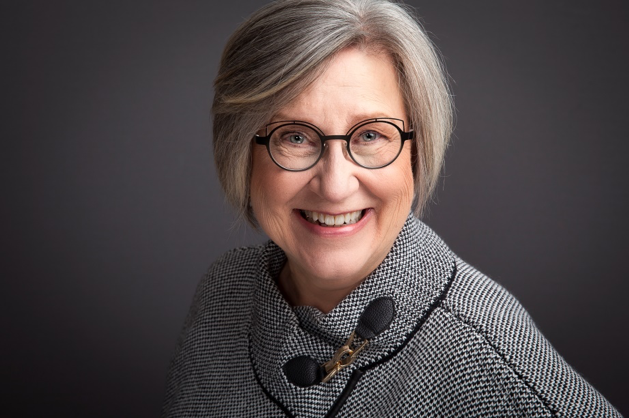Dr. Dorothy Cotton--Biography

Dr. Dorothy Cotton is a forensic psychologist with a particular interest in the area of police psychology and who holds diplomate status in police psychology—the only one in Canada. She is an Associate Member of both the International Association of Chiefs of Police and the Canadian Association of Chiefs of Police and has been involved in the latter organization’s policy and program development related to police/mental health systems liaison. She consults regularly, both formally and informally, with police services across the country about issues related to development of mental health liaisons programs and committees. Dr. Cotton also provides pre-employment and fitness for duty assessments to a variety of police services.
Dr. Cotton is also an adjunct faculty member at Queen’s University, is Past President of the College of Psychologists of Ontario (the regulatory body for psychology), has served on the Board of Directors of the Canadian Psychological Association (CPA) and is also a Fellow of CPA. She served on the Mental Health and the Law Committee of the Mental Health Association of Canada. In 2012, she received a Diamond Jubilee Medal recognizing her work in relation to interactions between police and people with mental illnesses and in 2018 she was invested into the Order of Ontario for her work in this area.
Interactions Between Law Enforcement and the Mentally Ill
Dorothy began by stating that since she has been working with the police for the last 15 years, her opinion about the interaction between police officers and those who suffer from mental illnesses has changed. Public opinion has been warped by the media because of the over reporting of negative situations.
She used a quiz approach to show us how our own perceptions affect what happens. For example, if we were to see a man on the street clutching his chest, or a child hurt on a playground, we would naturally provide assistance and call for professional help if necessary. This does not happen if we see a person acting erratically. Generally, it results in a call to the police.
This is the reason why the police get involved in the first place. Although one in five have such problems, people with mental illnesses are over represented in police calls, and may be encountered multiple times. For many, their first contact with the mental health system is through the police. In fact, in Canada, there are several million such calls every year. They play a huge support role, yet the public will only hear about the occasional death that may occur. Dorothy is very aware that the police are actually doing an incredible job at things that don’t make the headlines. The police come in contact with these vulnerable people who are most often victims and not perpetrators. They are not more likely than the general population to commit a crime. They are generally not a danger to society.
Most calls that are received by police are citizens just looking for help. The example given was a parent who doesn’t know how to deal with a child, and the police play a big role in getting people connected to the proper services. They are often “the only game in town”. This began when there was a decision to deinstitutionalize people suffering from mental illnesses, and Canadian society became very conscious of human rights. There is now a lack of available resources. There is also an awareness of the stigma associated with mental health issues, and fear of seeking help for this reason. The whole area is underfunded now, and has become a societal failing.
There has been more attention paid in the last five years, especially by the military, but it is mainly talk and there is a lack of proper funding.
What are police services doing? They used to say it wasn’t their job. Now they are getting many hours of training. In some communities there are joint response initiatives with other services, but Kingston is not large enough to be able to do that. Kingston does have some specialized officers, and support for front line officers. They have developed strategies for dealing with these situations, and they are hiring new officers with the right traits and previous experience. The police actually do a lot of social service activities over simple law enforcement. They have become part of our community circles of care.
The greater problem is society at large and the attitudes out there. We really need to examine our own attitudes.
Some questions followed which gave Dorothy an opportunity to provide further examples. The cost to society is greater than the cost of policing if these people do not get properly treated. People who leave work with mental health issues are generally absent longer than those with physical health issues, and many don’t return at all. Most people won’t talk about it if they do. Only a small number of people with mental health issues actually need police assistance, but that is where the calls go. Like many other issues, we are generally afraid of what we don’t understand.
Robert Reid provided our traditional speaker thanks.

